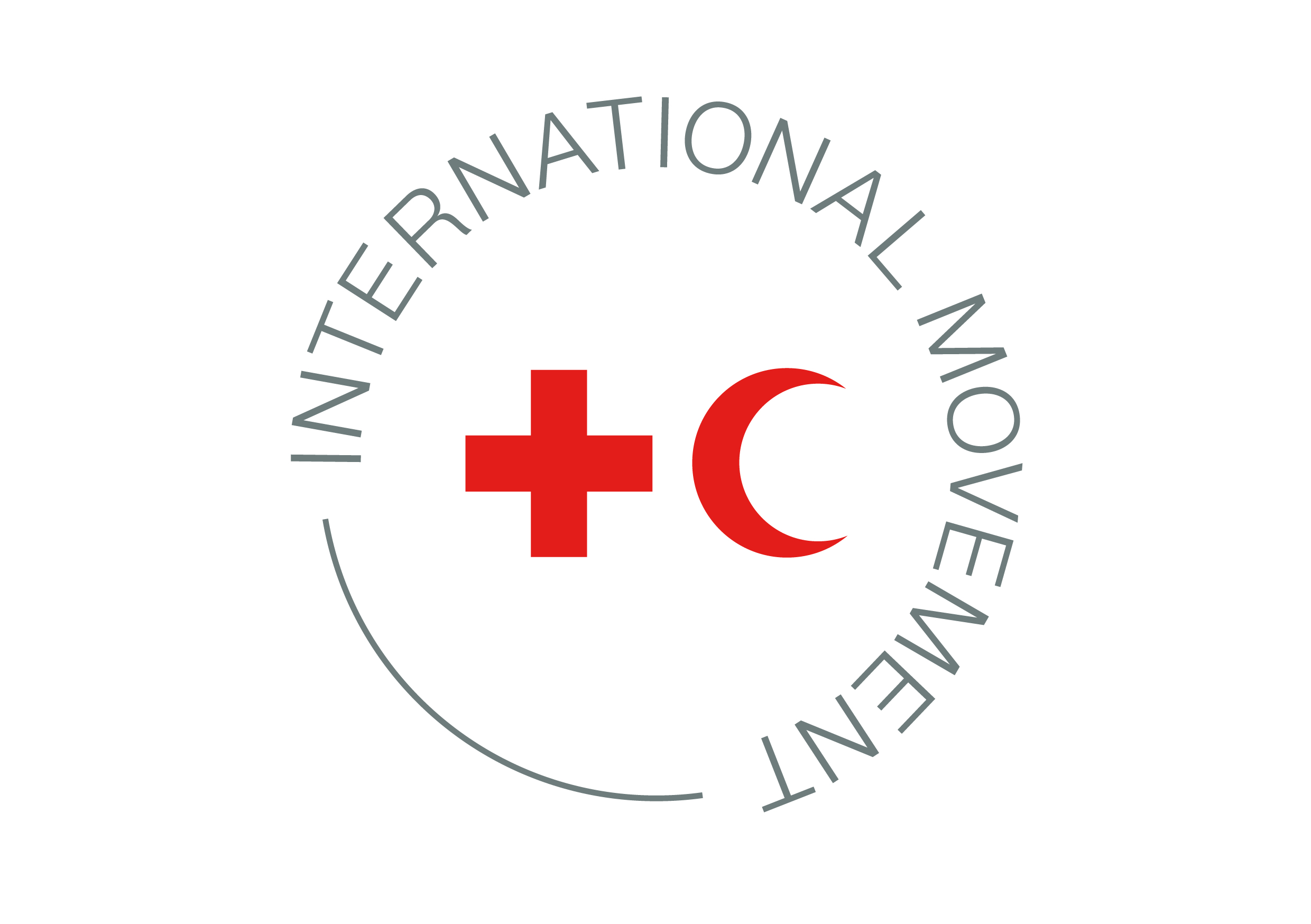Report on resolution 3:
– Country: Denmark
– Type of entity: National Society
– Does your National Society carry out or support activities that help to implement the 2015 Resolution on sexual and gender-based violence?
Yes
– To date, which areas of the resolution has your National Society been implementing?
Part I, OP 20; Part II, OP 28; Part III, OP 30-34
– Briefly describe the specific activities that your National Society has so far undertaken to implement Resolution 3
In Denmark, DRC provides psychosocial support and safe referrals to survivors of SGBV in Danish Red Cross health clinics for undocumented migrants and in asylum centres. Through its strategic partnership with the Danish Ministry of Foreign Affairs, DRC is also working with the Ministry and other Danish CSOs to draw attention to the sexual and reproductive health and rights in humanitarian crises, implications and solutions. E.g. collaboration with the International Planned Parenthood Federation on an international conference held in the Danish Parliament with a key note speech delivered by the DRC Secretary General, and other events. DRC has strengthened its complaint handling system, including the establishment of a whistleblower procedure, and the development of clear and consistent procedures to handle different kind of complaints. DRC is in the process of updating its code of conduct, which will take into consideration prevention of sexual abuse and harassment. DRC contributes to strengthening the Movement capacity in responding to the needs of SGBV survivors in humanitarian crises through contributions to the Movement-wide SGBV Network; support to the development of learning material on psychosocial support for SGBV survivors and education activities, including trainings for DRC and other National Society staff. DRC has also contributed to the development and roll-out of learning material on integration of SGBV in humanitarian programming; as well as research on the inclusion of SGBV in national disaster laws. SGBV is integrated into DRC international supported programmes on sexual and reproductive health and rights, as well as in various learning materials, e.g. used in youth and migration programmes. In addition to this, DRC is supporting the Movement’s broader work with protection, gender and inclusion (PGI), and the adherence to the minimum standards through education activities; development of guidance and tools; as well as contributions to the PSEA area of FACT missions, including a recent mission in Mozambique where SOPs and a task force on PSEA was established as part of the immediate response for the first time.
– Briefly describe any challenges that your National Society may have faced when implementing Resolution 3, or which prevented you from implementing it
The objectives of Resolution 3 are ambitious, and it is the view of Danish Red Cross that the full implementation of the Resolution will not be achieved by end-2019. There are still barriers and stigma associated with working to address the needs of SGBV survivors in humanitarian crises. DRC believes that the continued focus on capacity development and enabling all parts of the Movement’s own capacity to comply with minimum standards as well as implementing SGBV specialized programming will contribute to the realization of the ambitions and support the Movement’s efforts to ensure and support States in meeting their obligations. In Danish Red Cross’ experience there is insufficient focus on SGBV against men and boys in different humanitarian settings, and an increased focus on their particular vulnerabilities and needs will be important for the implementation of the Resolution.
– Is there any support you would like to receive from the ICRC or International Federation in working on the implementation of the Resolution going forward?
No

